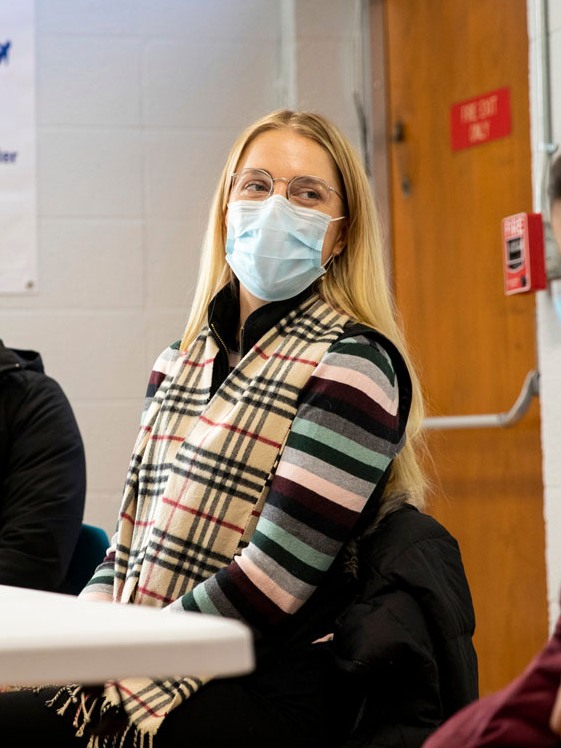PROVIDENCE, R.I. [Brown University] — In August 2021, nearly 76,000 Afghan refugees navigated bureaucratic confusion, experienced painful family separation and witnessed harrowing violence as they fled Kabul in the wake of the Taliban’s return and were airlifted to American military bases. More than 300 are now safely settled in Rhode Island, but they are still grappling with a myriad of challenges.
That’s according to a new report co-authored by researchers at Brown University and leaders at Providence’s Refugee Dream Center. Drawing on 32 interviews with refugees now settled in Rhode Island, many of whom were employed by the United States government in Afghanistan as pilots, soldiers, cooks or translators, the report also offers eight recommendations for local, national and global leaders involved in refugee resettlement.
The report’s lead author is Alexandria Nylen, a research associate at the Center for Human Rights and Humanitarian Studies within Brown’s Watson Institute for International and Public Affairs.
Nylen said the refugees’ stories provide a richer understanding of how the withdrawal of American troops, and the Taliban’s subsequent rise to power, affected individuals and families in Afghanistan. They also contain valuable lessons for military leaders, nonprofits, nongovernmental organizations and policymakers who work together to relocate those caught in the crossfire of conflict worldwide.
“Even though their physical move to the U.S. happened more than a year ago, the Afghan evacuees’ resettlement in the U.S. — bureaucratically, socially, emotionally — is an ongoing process that is far from over,” Nylen said. “It is our hope that the insights from their interviews, combined with our own background research, can help all of us improve refugees’ experiences, from evacuation to resettlement.”
